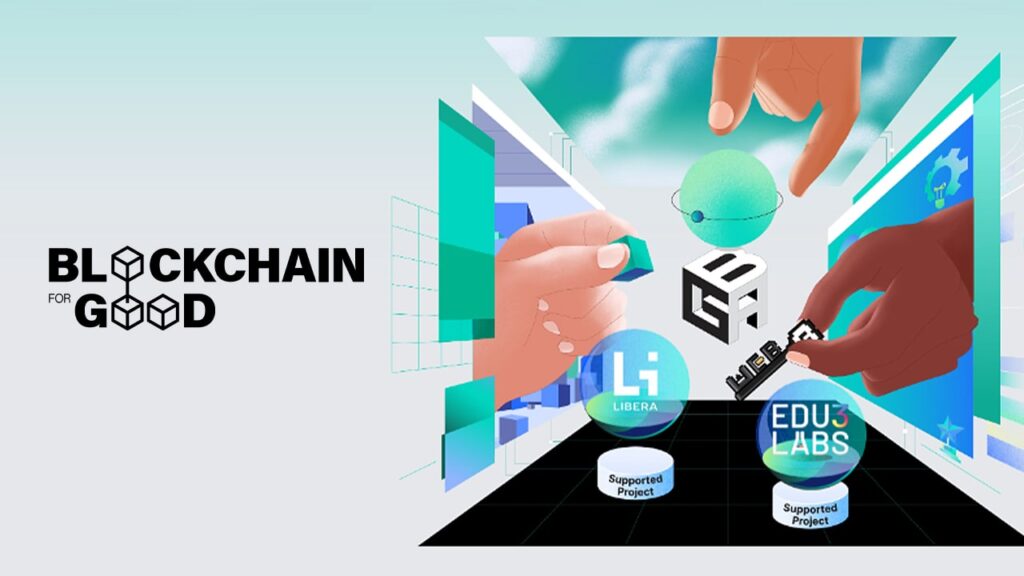Digital storage and management are broad aspects of the digital world. There are some differences between a database and a blockchain, and they might be subtle. However, for people who are into the digital world and blockchain technologies, these are the varieties that can affect the process pretty much. Let’s check out the main differences between these two technologies.

Key Takeaways
- Fundamental Differences: Digital storage and management are integral to the digital world, with the disparity between a database and a blockchain being vital.
- Database: Structured repository facilitating easy access, manipulation, and organization of data.
- Blockchain: Sequential chain of data blocks, decentralized and distributed across multiple network nodes.
- Main Differences Between Database and Blockchain: CRUD vs. Read and Write Operations, Trust, Confidentiality, Robustness, Performance.
Database
A database is a structured storage of data that uses easy access, manipulation, and organization.
Information is stored in rows, columns, and tables, indexed for swift recovery.
Operations such as Create, Read, Update, and Delete (C.R.U.D.) are standard, allowing changes to data.
Ownership is centralized, and a designated authority controls it. This can render it vulnerable to breaches.
Blockchain
In contrast, a blockchain operates as a continuous chain of data blocks, decentralized and distributed across multiple network points.
Control is dispersed among network participants, who collectively validate and attach new blocks through algorithms.
Data within blocks is permanent and immune to tampering or deletion.
Varied consensus protocols, like Proof of Work and Proof of Stake, govern different blockchains.
Main Differences Between Database and Blockchain
- CRUD vs. Read and Write Operations
Traditional databases permit CRUD operations, enabling users to alter data as needed.
Blockchain, however, enforces immutability, preventing modification or deletion of recorded transactions.
- Trust
Blockchain ensures data integrity and authenticity due to its immutable nature, instilling confidence in users.
Traditional databases may lack such assurance, susceptible to unauthorized alterations.
- Confidentiality
Public blockchains offer transparency, while permission blockchains restrict access akin to traditional databases.
For sensitive data, a private database may offer comparable confidentiality without the complexities of blockchain.
- Robustness
The distributed nature of blockchain enhances resilience against attacks, as no single point of failure exists.
Traditional databases may struggle to match such fault tolerance.
- Performance
Blockchain’s consensus mechanism, necessitating agreement among points, can slow down transaction processing.
Traditional databases typically exhibit faster performance and scalability, crucial for real-time applications.
Choosing between a database and a blockchain depends on specific requirements and considerations. While blockchain offers unparalleled security and decentralization, traditional databases are better in speed and scalability. Understanding the ins and outs of each system is essential for making informed decisions while using blockchain technologies.
Disclaimer
FAQ
The core difference lies in structure and management; blockchains are decentralized and immutable chains of data blocks, while databases are centralized structures allowing CRUD operations.
While blockchain offers unique advantages like security and transparency, it's not a one-size-fits-all solution. Databases are still essential for use cases requiring rapid CRUD operations and scalability.
Yes, blockchains provide enhanced security features through decentralization and encryption, reducing the risk of data tampering and breaches.
Databases generally offer faster processing and scalability for traditional applications, whereas blockchains prioritize security and data integrity, which can lead to slower transaction times.


